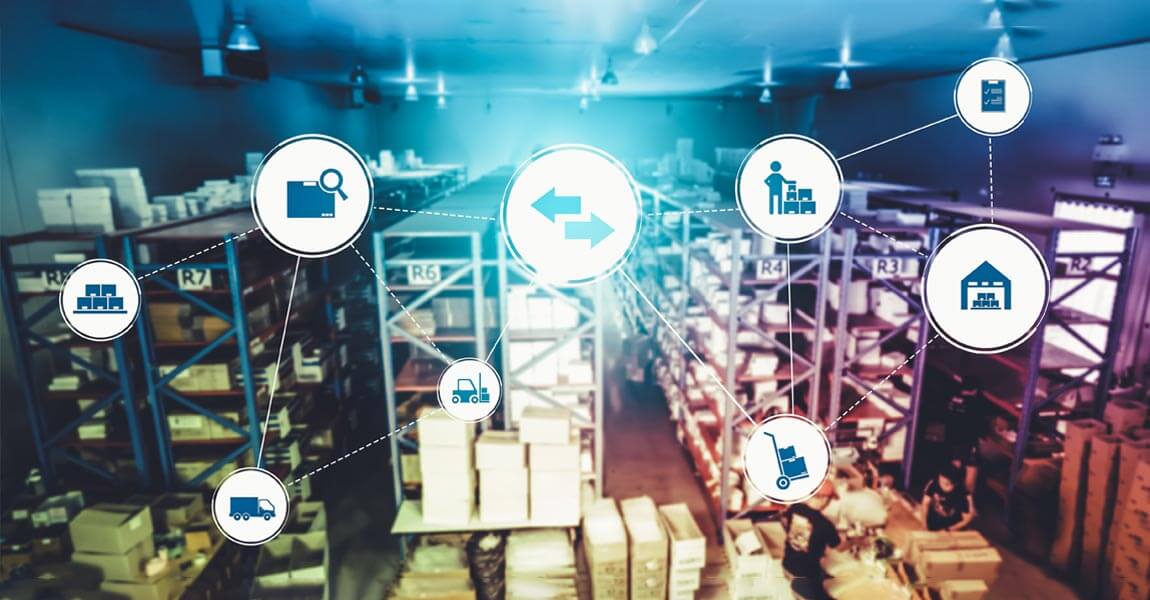Warehouse management is the process of optimizing and controlling the operations and storing products in the warehouse. It starts the entry of inventory to the facility and continues until it is sold, becomes obsolete, consumed, or moved to another location. Today, enterprises integrate warehouse management solutions with various types of BI and analytics to revamp and efficiently manage warehouse operations.
One of the most important benefits of implementing a cloud-based ERP system is the ease of use it brings to a business. Today, ERP systems help organizations to transform their mission-critical processes by using artificial intelligence, machine learning, and advanced analytics.
ERP systems also enable businesses to adapt to a rapidly changing market environment. Implementing a robust ERP system enables enterprises to handle large amounts of data and helps improve business performance.
Systematic reporting of expenses in an enterprise requires employees to save travel receipts, manually submit information and sometimes invest time and energy to explain to the approving authority the context and history of the submitted bills.
Enterprise finance teams then work through the cumbersome process of monthly reconciliation, and employees wait patiently for reimbursement. It is a normal practice for the finance teams to wait till the end of the month to process the expense claims. It is indeed a long and arduous process for every stakeholder.
U.S.A
Missouri, Headquarters
14567 N Outer Forty Road, Ste 475
Chesterfield, Saint Louis, MO 63017
Middle East
Dubai, UAE
Burlington Tower, 18th Floor, Ascendris Business Center Suite 16, Business Bay, Dubai, UAE 121907
India
Hyderabad
Q City, B- Block, 1st Floor 109,110,111/112, Serilingampally, Nanakramguda, Hyderabad, Telangana 500 032.
Bhubaneswar
7th Floor, NSIC-IMDC Building, Dharmapada Bhawan, IDCO Plot No-6, Block-D, Mancheswar Industrial Estate, Bhubaneswar-751 010




